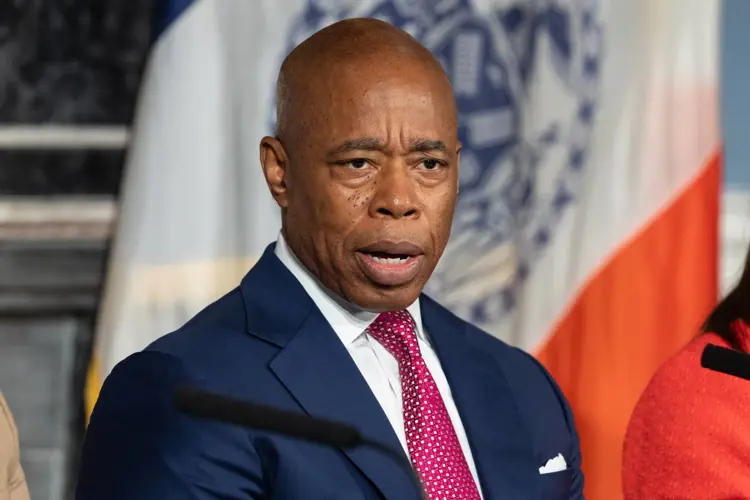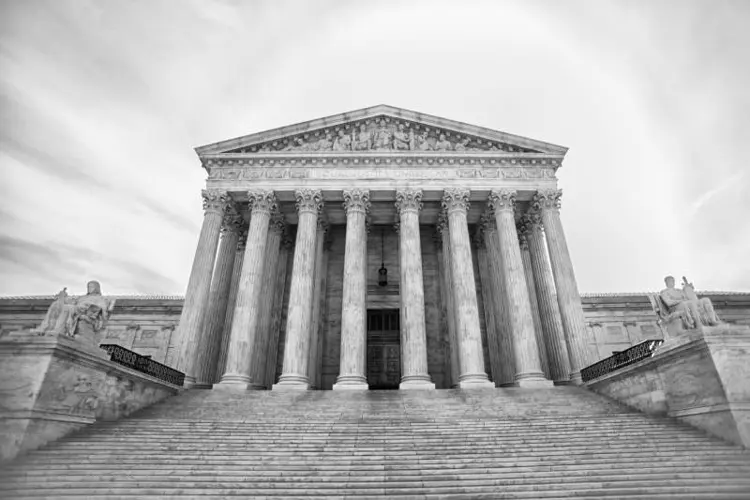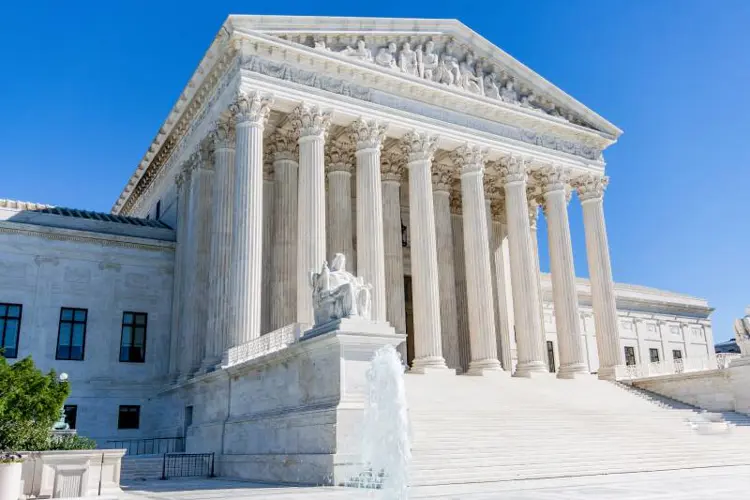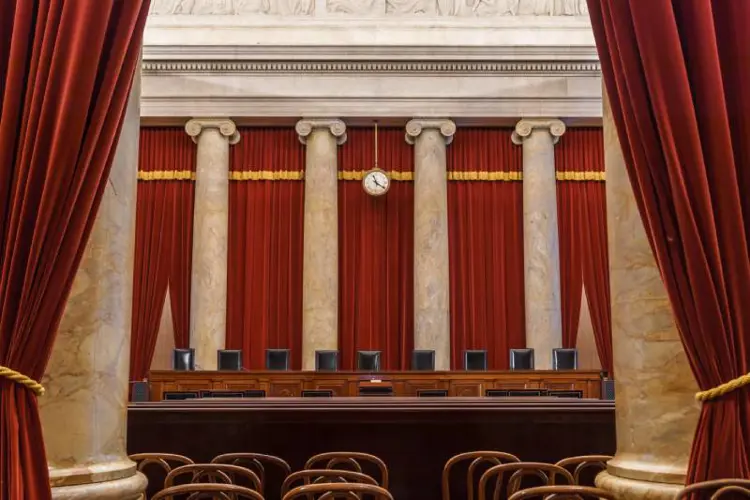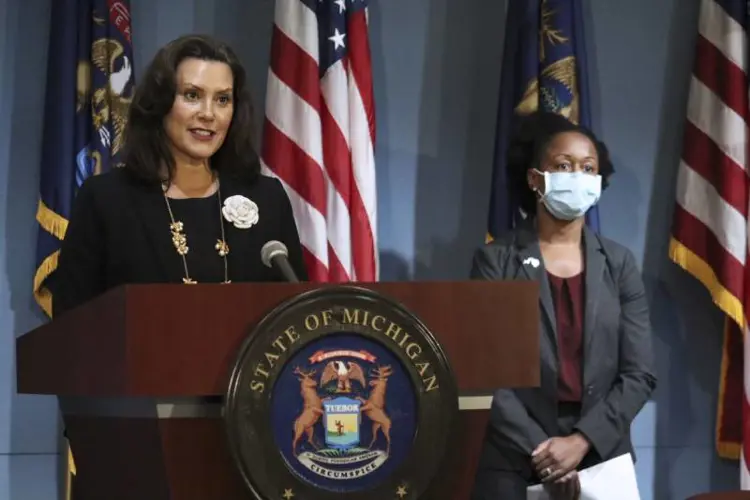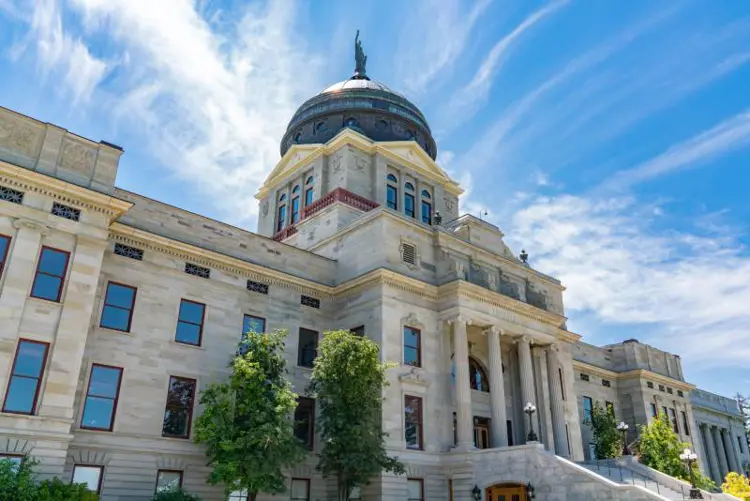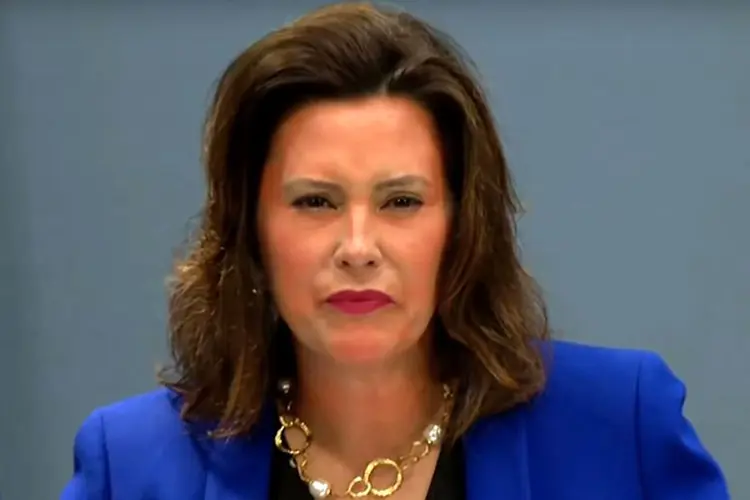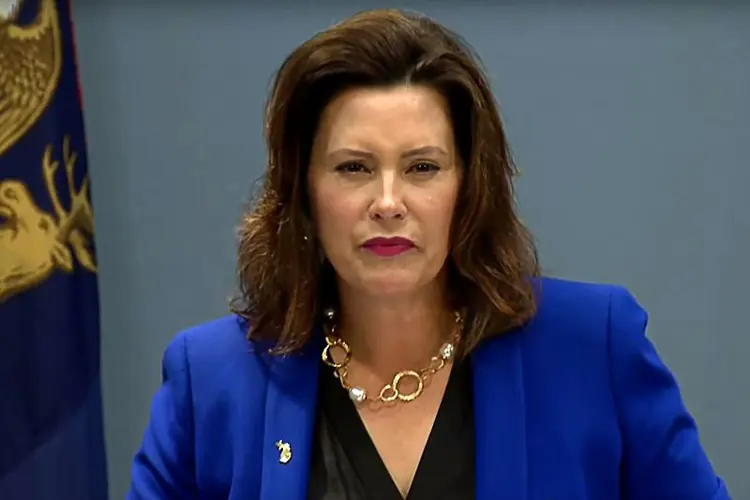The Supreme Court has declined to hear a case challenging California’s voter-approved ban of flavored vapes and tobacco products. The California law prohibits brick-and-mortar sales of most nicotine products in flavors other than tobacco.
The flavor ban, passed by California voters on Nov. 8, 2022, was challenged within days by several R.J. Reynolds-affiliated tobacco and vapor companies,San Diego-area retailers, and a vape shop. Reynolds and the other plaintiffs said in federal court that the ban violates the Constitution’s supremacy and commerce clauses, claiming it amounted to the state creating a tobacco product standard, a power granted to the FDA by the 2009 federal Tobacco Control Act.
After both the District Court for the Southern District of California and the Ninth Circuit Court of Appeals rejected Reynolds’ motions for a temporary injunction and an injunction pending appeal, Reynolds asked the Supreme Court to grant an emergency injunction to prevent the law from taking effect while the lawsuit was argued. Barely a month after voters approved the ban, on Dec. 12, the Supreme Court denied Reynolds’ application without comment. The flavor ban took effect days later, on Dec. 21.
Reynolds pursued the lawsuit, losing in the district court, and the company’s appeal was then rejected by the Ninth Circuit. Today’s Supreme Court action ends Reynolds’ hopes of reversing those decisions.
California and Massachusetts are the only U.S. states with bans of both flavored vapes and menthol cigarettes.
Between the Supreme Court’s rejection of Reynolds’ application for an injunction and today’s decision, the Court last February declined to hear Reynolds’ appeal of a lawsuit challenging a similar flavored vape ban in Los Angeles County, California. That lawsuit was based on virtually identical arguments as Reynolds’ challenge of the statewide law, and was cited as precedent by lower federal courts when they rejected the statewide challenge.
The California flavor ban includes nicotine-free e-liquid and “flavor enhancers,” and would even prohibit sales of FDA-authorized flavored vape products, if any existed. The law also bans flavored nicotine pouches and smokeless tobacco, as well as most flavored combustible tobacco, including menthol cigarettes. It exempts flavored hookah tobacco, pipe tobacco and premium cigars.
The law does not ban online sales of flavored vapes, but other California state and local laws make online sales in the state a difficult process for retailers.
California and Massachusetts are the only U.S. states with bans of both flavored vapes and menthol cigarettes. Three other states—New Jersey, New York and Rhode Island—have flavored vape bans, but have not banned sales of menthol cigarettes.
The Freemax REXA PRO and REXA SMART are highly advanced pod vapes, offering seemingly endless features, beautiful touchscreens, and new DUOMAX pods.
The OXVA XLIM Pro 2 DNA is powered by a custom-made Evolv DNA chipset, offering a Replay function and dry hit protection. Read our review to find out more.
The SKE Bar is a 2 mL replaceable pod vape with a 500 mAh battery, a 1.2-ohm mesh coil, and 35 flavors to choose from in 2% nicotine.
Because of declining cigarette sales, state governments in the U.S. and countries around the world are looking to vapor products as a new source of tax revenue.
The legal age to buy e-cigarettes and other vaping products varies around the world. The United States recently changed the legal minimum sales age to 21.
A list of vaping product flavor bans and online sales bans in the United States, and sales and possession bans in other countries.









